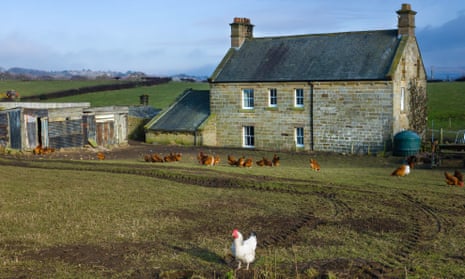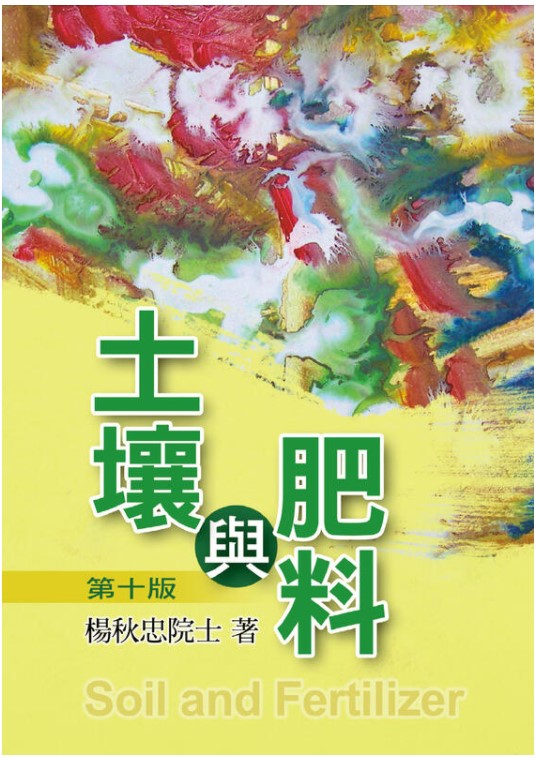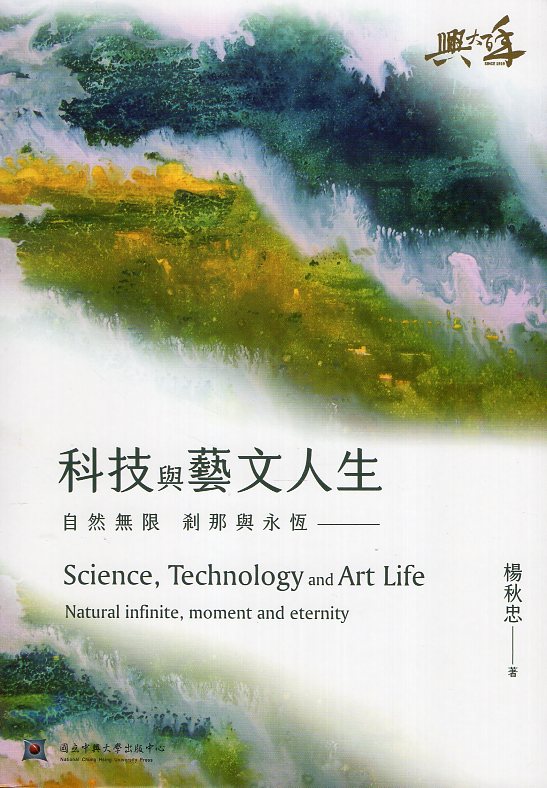29 Aug. 2024
|
動物污水滲入河川的解決方案之一:將雞糞變成肥料
只需三個小時即可將一噸雞糞轉化為立即可用的肥料/土壤改良劑。乾燥和造粒兩個小時。該過程使用熱量和酶,且不產生排放物或氣味。沒有浪費,因為碳和氮不會氣化。 80°C 的高溫可殺死細菌。該技術是在台灣發明及開發的,並已在台灣廣泛使用多年,因此我們知道它是有效的。該技術在印尼已成功運用於處理食物垃圾和油棕垃圾,生產出一種土壤改良劑,透過補充土壤,最大限度地減少進一步的森林砍伐。這個過程不應該成為這個國家環境戰略的一部分嗎? |
One solution to animal sewage leaking into rivers: turn chicken poo into fertiliserThe process uses heat and enzymes, produces no emissions or smells and there is no waste, writes Dave Briant

Feargal Sharkey (Privatised water firms are imperilling our health and poisoning our rivers. Act now: flood the streets with rage, 21 August) didn’t mention animal sewage, in the form of runoff and leakage from farm and field, that also makes its way into our rivers. As far as chicken manure is a problem (it is), there is a solution.
There is a recycling plant in Crickheath, Shropshire, which converts a ton of chicken manure into immediately usable fertiliser/soil conditioner in only three hours. Drying and pelletising takes another two hours.
The process uses heat and enzymes, and produces no emissions or smells. There is no waste, as the carbon and nitrogen does not gas off. Bacteria are killed by the 80C heat.
The technology was invented and developed in Taiwan, where it has been widely used for years, so we know it works. A similar technology deals with food waste and oil palm waste in Indonesia, producing a soil conditioner which, by replenishing the soil, minimises further deforestation.
Shouldn’t this process be part of any environmental strategy in this country?
Dave Briant
Oswestry, Shropshire



